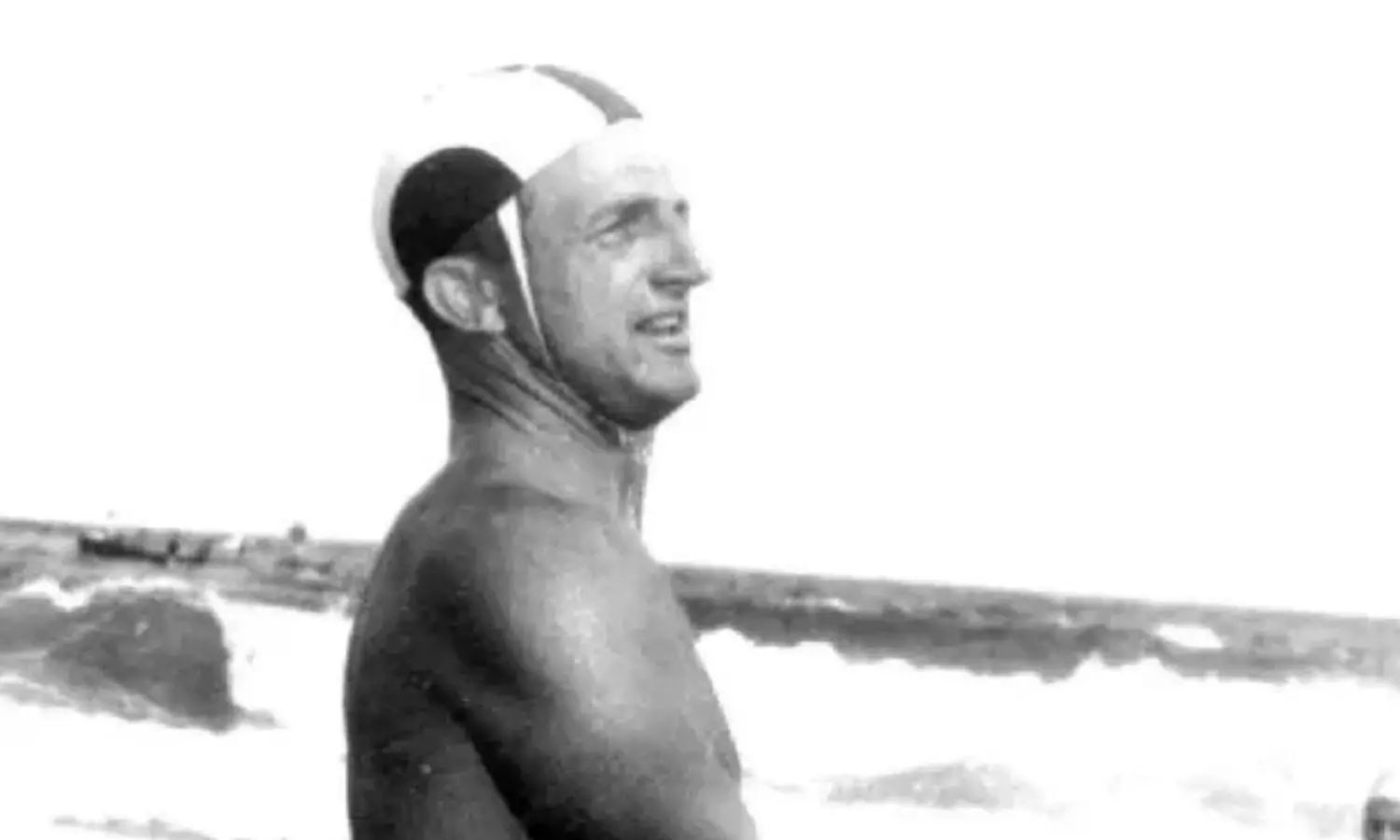Olympics
Leading Australian Olympic official Phil Coles dies aged 91
Phil Coles, who played key roles in getting an Australian team to the 1980 Moscow Olympics despite a U.S.-led boycott and later helped secure the 2000 Games for Sydney, has died.

Phil Coles, who played key roles in getting an Australian team to the 1980 Moscow Olympics despite a U.S.-led boycott and later helped secure the 2000 Games for Sydney, has died, the Australian Olympic Committee said Sunday. He was 91.
The AOC said Coles died Saturday, but didn't say where, although his hometown was Sydney.
Coles was one of 24 International Olympic Committee members implicated in the bidding bribery scandal for the 2002 Salt Lake City Winter Olympics.
He was officially reprimanded for receiving "lavish hospitality" from Salt Lake officials in return for information and lost his position on the Sydney Games organizing committee as a result.
After representing Australia as a canoeist at the 1960, 1964 and 1968 Olympics, Coles turned to sports administration.
In 1980, the Australian government pressured the Australian Olympic Federation to support an American-led boycott of the Moscow Games in retaliation for the Soviet Union's invasion of Afghanistan.
Coles was among those who stood firm, ensuring Australia would continue its record of competing at every Summer Olympics.
"Phil Coles was a man who always cared about the athletes in all his different functions," IOC president Thomas Bach said in a statement.
"Their interests were always in his mind and in his heart. It made him proud for the rest of his life to have led these athletes into the (Moscow) Olympic Stadium."
After failed bids by Brisbane for the 1992 Olympics and Melbourne for 1996, Coles played a central role in swaying his fellow IOC members to narrowly choose Sydney over favorite Beijing as the 2000 host city.
Australia had hosted the Olympics in Melbourne in 1956 and will host them again in 2032 in Brisbane and other areas of Queensland state.
AOC president Ian Chesterman said Coles' "service to Australian sport was immense."
"Phil's passing, after a lifetime in sport, is a sad day for the Olympic movement and for many involved in the wider sports community in Australia," Chesterman said in a statement.
Coles served as an IOC member from 1982-2011. He joined the AOC executive board in 1973 and was a foundation member of the board of the Oceania National Olympic Committees (ONOC).
He was appointed a Member of the Order of Australia in the 1983 Queen's Birthday Honors "for service to sport" and was inducted into the Sport Australia Hall of Fame in 1993.
